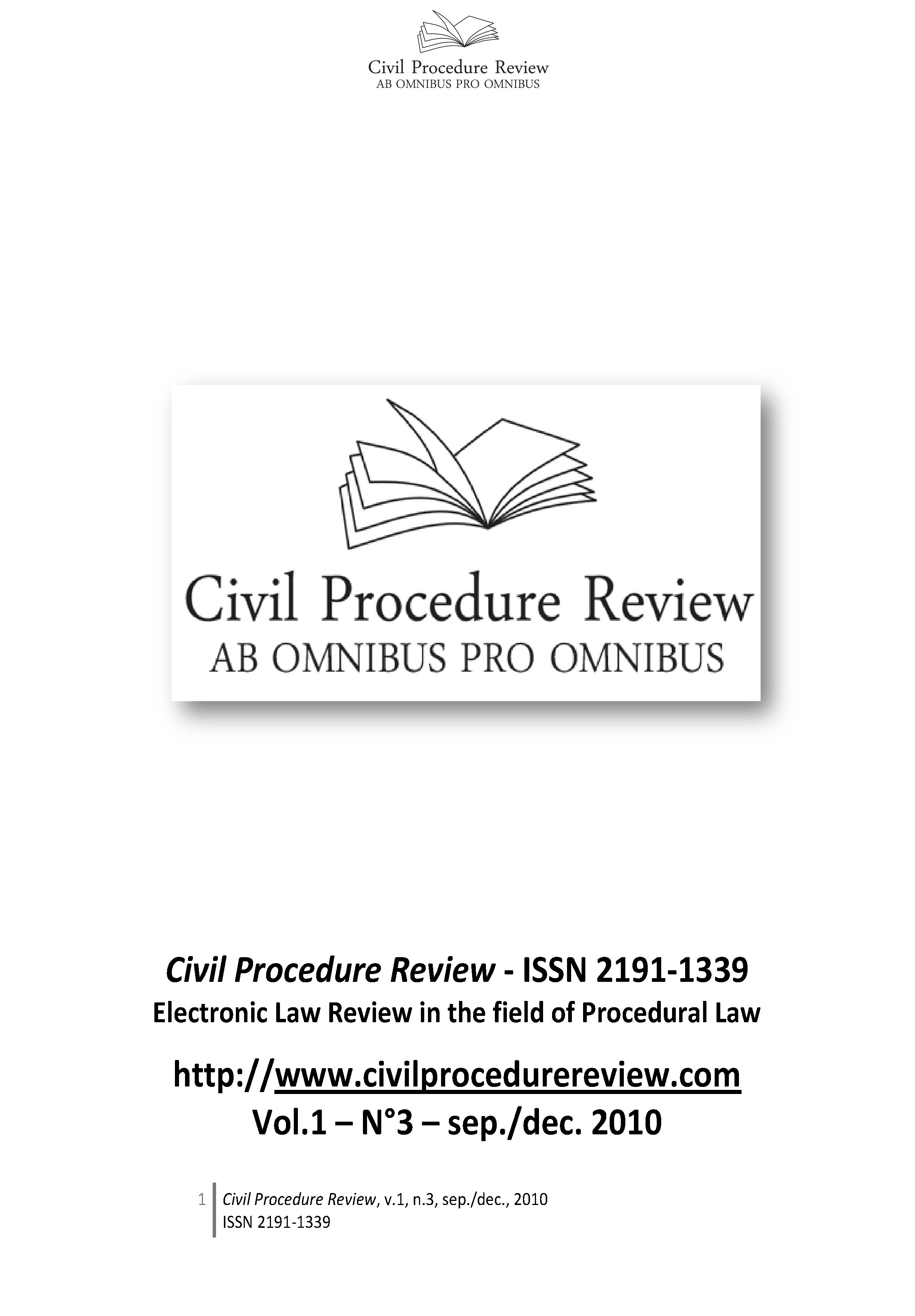Recent developments in US case Law on pleading requirements in civil proceedings
Parole chiave:
Introductory pleading, Specificity, Claim, Access to justice, Judicial efficiencyAbstract
The Author investigates recent US case law on pleading requirements in civil proceedings through the analysis of two US Supreme Court decisions which seem to give way to a review of the standards applied by claimants when qualifying the claim in their introductory pleadings. Leaving its traditional approach of “minimal singling out requirements” of the claim, the US Supreme Court seems to require claimants to enclose, in their introductory pleadings, facts sufficient for the claim to be held “plausible”; moreover, the Court seems to suggest that failure to enclose such facts would bring the impossibility, for claimants, to access the pretrial discovery and, ultimately, the rejection of the claim. The analysis of US federal case law then becomes an opportunity to make a comparison among legal systems on how function and content of introductory pleadings are understood, as well as their relationship with further stages in proceedings, in the context of the ever-present trade-off between access to justice and judicial efficiency.








